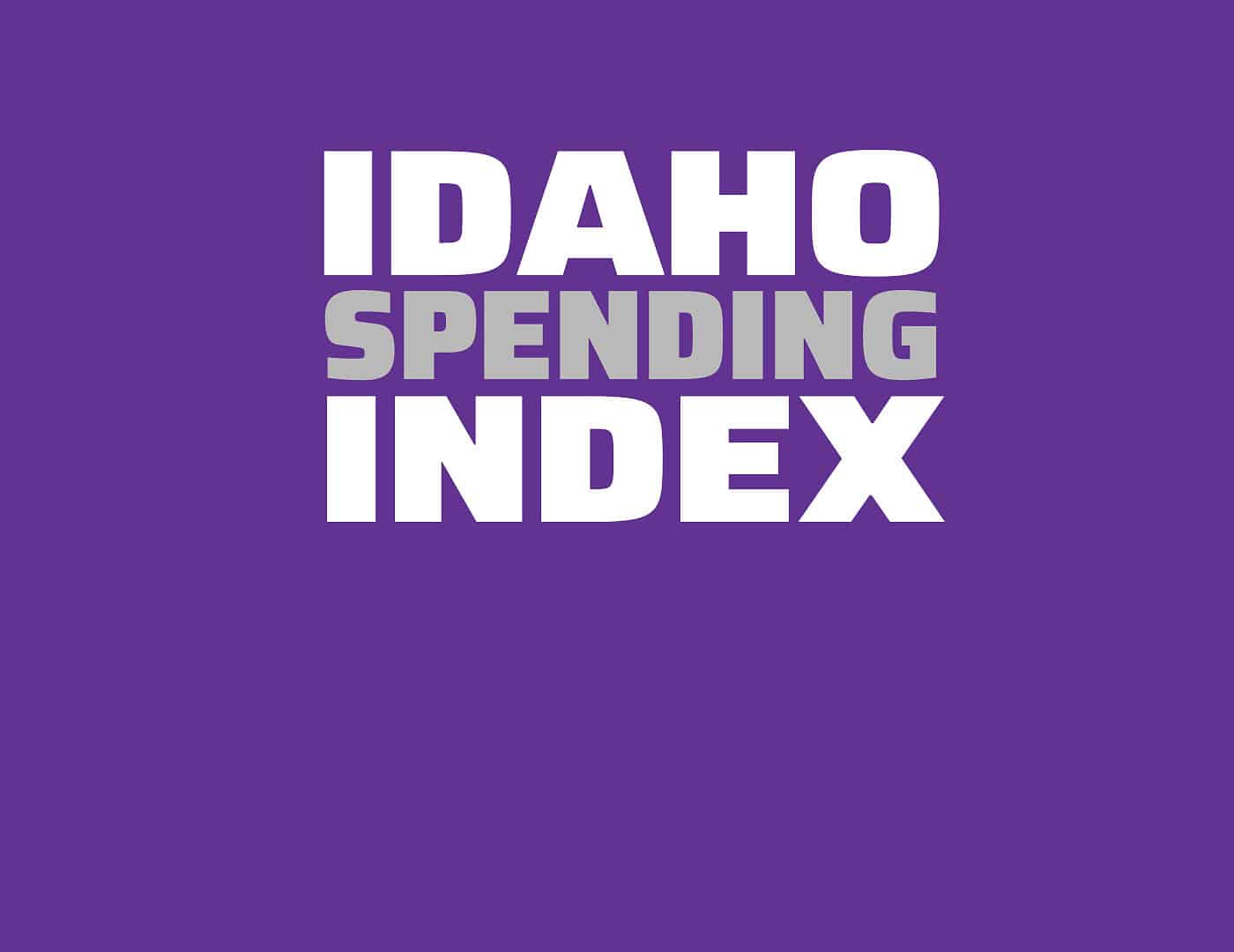


The Idaho Spending Index serves to provide a fiscally conservative perspective on state budgeting while providing an unbiased measurement of how Idaho lawmakers apply these values to their voting behavior on appropriations bills. Each bill is analyzed within the context of the metrics below. They receive one (+1) point for each metric that is satisfied by freedom-focused policymaking and lose one (-1) point for each instance in which the inverse is true. The sum of these points composes the score for the bill.
Analyst: Niklas Kleinworth
Rating: -3
Bill Description: Senate Bill 1189 appropriates $1,030,070,600 and 1,592.00 full-time positions to the Transportation Department for fiscal year 2024 and supplemental appropriations for fiscal year 2023.
Does this budget enact powers and activities that extend beyond the proper role of government? Conversely, does this budget fulfill the proper role of government?
Senate Bill 1189 funds several projects designed to either create or enhance public transportation services. These expenses include $7,857,300 from the federal Coronavirus Aid, Relief, and Economic Security Act (CARES) and $3,540,400 from the Infrastructure Investment and Jobs Act (IIJA). These funds are designed to either subsidize public transit operations throughout the state or to subsidize the creation of new systems in Idaho Falls and Twin Falls.
This move is particularly concerning due to the use of temporary federal funds. It is beyond the proper role of government to subsidize private transportation services.
(-1)
Does this budget perpetuate or expand state dependence on federal dollars, thereby violating principles of federalism? Conversely, does this budget actively reduce the amount of federal dollars used to balance this budget?
Senate Bill 1189 provides more than $464 million in federal funding to support various highway and infrastructure projects. These include funds from the CARES Act and the IIJA. This bill works to expand federal funding, costing: $1.4 million in highway safety programs, $13.3 million in public transit development, $2.8 million in planning and research, and $1.4 million in historical markers and signs.
Not only does this expand the scope of the federal government’s influence on the affairs of the state of Idaho, but some of these projects can be considered wasteful. For example, considering the size of the national debt, it does not seem prudent to spend millions of dollars on new historical markers or to develop the bus system throughout the state. This is an irresponsible use of taxpayer funding with ongoing projects and programs that come with federal strings attached.
(-1)
Does this budget contain hidden fund transfers or supplemental expenditures that work to enact new policy or are not valid emergency expenditures? Conversely, are fund transfers only made to stabilization funds or are supplemental requests only made in the interest of resolving valid fiscal emergencies?
This budget contains several supplemental appropriations that reach a total of nearly $21.6 million. Most of these appropriations are valid emergency expenditures to deal with rising construction and fuel costs that disproportionately affect the Department of Transportation. There is one supplemental appropriation that grants $2,187,200 in funding from the IIJA for planning and research projects throughout the state. There is no fiscal emergency that warrants this spending. In fact, these funds expire in the 2027 fiscal year, meaning that it is not imperative for the department to receive these funds three months before the conclusion of the current fiscal year. This is not an appropriate use of a supplemental request.
(-1)


